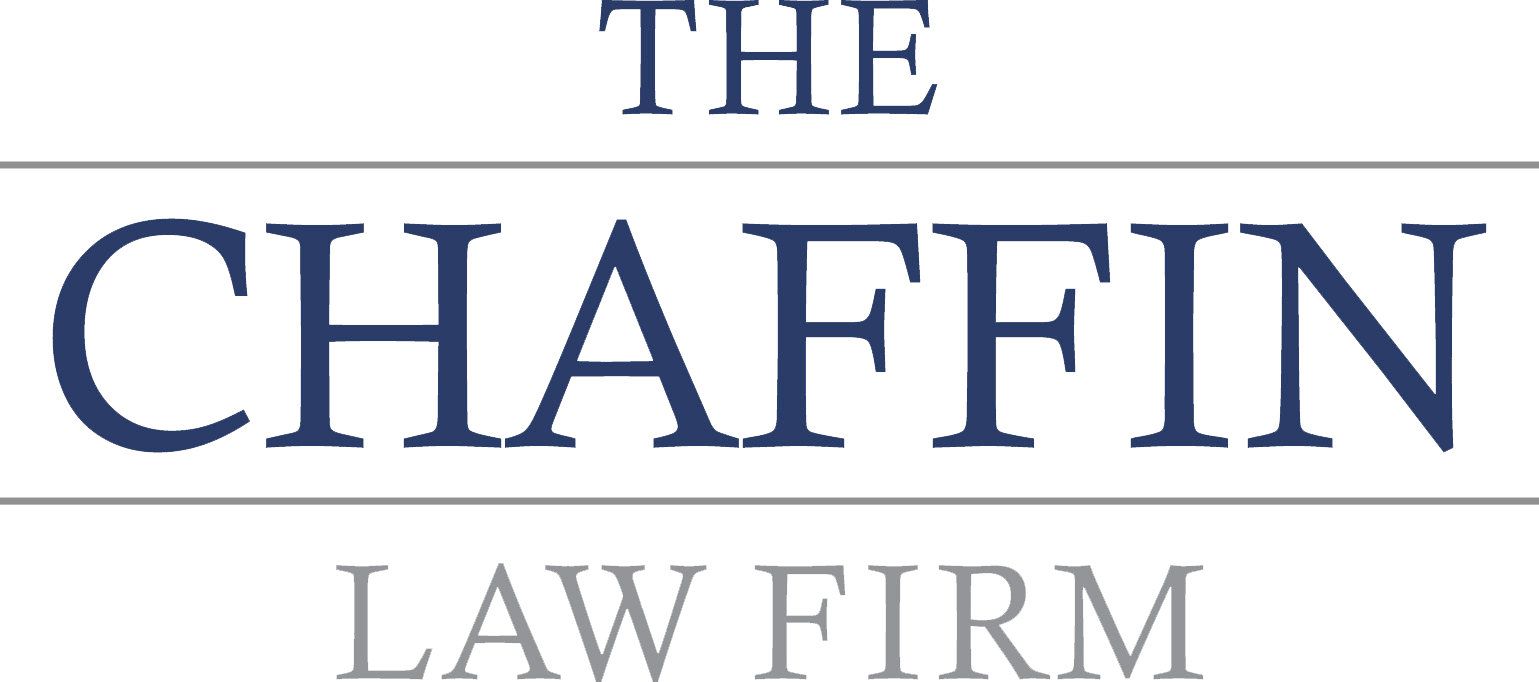MARITIME INJURIES
Texas | Louisiana | Florida | California
Maritime injury litigation
has been Mr. Chaffin’s primary area of practice for over 40 years. Mr. Chaffin got his start in the 1970s with victories in large Maritime verdicts and hasn’t stopped since. Offshore workers, crew members, cruise line passengers, and general maritime workers deserve to have their rights protected and we ensure they get the medical care and/or compensation they deserve. Companies can be held liable under several laws, including:
- General Maritime Law.
- The Jones Act – Applies to workers injured aboard ships in port and at sea.
- The Longshoreman and Harbor Workers Compensation Act – Applies to workers on oil rigs and in harbors that are injured in the navigable seas.
- The Death on the High Seas Act – Applies to families who lose a loved one working on an offshore job.
A History of Representing Maritime Victims
When the worst offshore disasters in history occurred, the victims and their families called on Robert Chaffin. In 1982, disaster struck off the coast of Newfoundland, Canada. The Ocean Ranger was a mobile offshore drilling rig drilling an exploratory well about 166 mi east of St. John’s, Newfoundland. On February 15, 1982, a severe storm swept through the area and the Ocean Ranger was struck by a massive rogue wave. There were 84 crew members on board when the rig sank, and none survived. The Canadian government convened a joint Federal-Provincial Royal Commission which spent two years investigating the Ocean Ranger Disaster. The commission found many grievous safety errors, including that the crew was not trained, the safety equipment was inadequate, and that the platform itself had a number of flaws. The commission concluded that the Ocean Ranger disaster was largely the result of the rig’s design and construction flaws and the fact that the crew lacked proper safety training and equipment. The commission also attributed fault to ineffective inspection and regulation by the United States and Canadian governments. Robert Chaffin represented several of the killed and injured seamen in that incident. Mr. Chaffin was selected to be on the Plaintiffs’ Discovery Committee and successfully negotiated favorable settlements for all of the clients he represented.
In 1988, tragedy struck again, but this time in the North Sea. The Piper Alpha was an oil production platform located approximately 120 miles north-east of Aberdeen, Scotland. The platform was operated by Occidental Petroleum Limited and began production in 1976. On July 6, 1988, the Piper Alpha suddenly exploded springing oil and gas fires and killing 167 people. Two of those killed were crewmen of a rescue vessel. Thirty bodies were never recovered. In the end, only 61 workers escaped the inferno with their lives. The disaster resulted in a total insured loss of about $3.4 billion, making it one of the costliest man-made catastrophes in history. The Piper Alpha disaster still ranks as the worst offshore oil disaster in history in terms of the lives lost and the industry impact. Mr. Chaffin represented several of the seamen killed or injured in the disaster. Mr. Chaffin was, again, selected to be on the Plaintiffs’ Discovery Committee and head of the Plaintiffs’ Negotiating Committee responsible for negotiating the overall settlement of claims. Mr. Chaffin successfully negotiated favorable settlements for all of the clients he represented.

